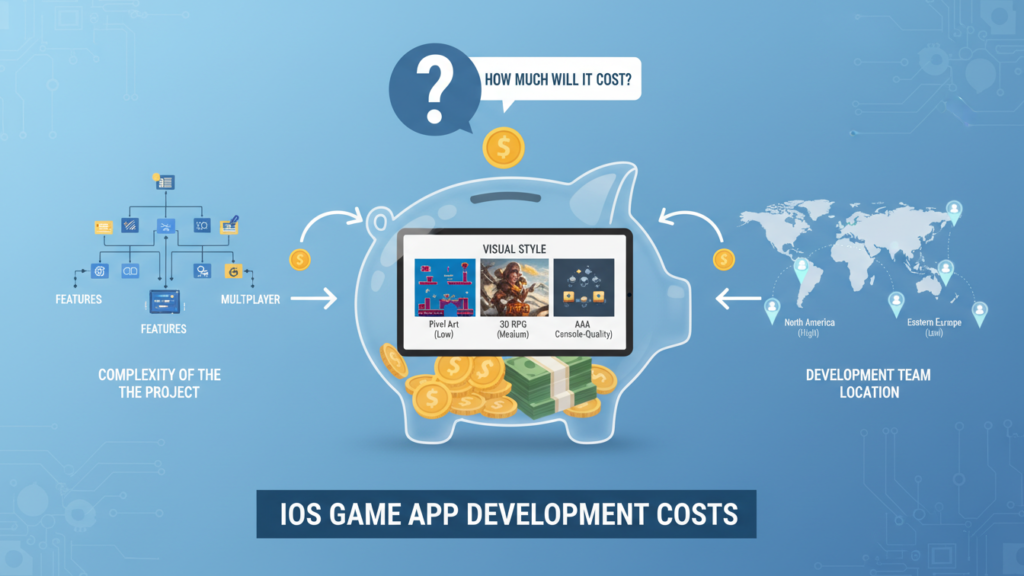
Why App Development is Thriving in the UAE
The UAE has several factors that contribute to its thriving app development ecosystem. Firstly, the government’s commitment to digitization and innovation has created a favorable environment for startups and businesses to flourish. The government has launched initiatives such as Smart Dubai and the Emirates Digital Strategy, which aim to make the UAE a leading digital economy by 2030.
Secondly, the UAE’s strategic location at the crossroads of major trade routes makes it an attractive destination for businesses looking to expand their reach into new markets. With its diverse population and growing middle class, the UAE offers a vast potential customer base for app developers.
Thirdly, the UAE’s tax-free environment and world-class infrastructure make it easy for businesses to set up shop and operate in the country. The government has also introduced several incentives and funding opportunities for startups and small businesses, making it easier for them to get off the ground.
The Rise of App Developers in the UAE
With the thriving app development ecosystem in the UAE, the number of app developers in the country has been on the rise. According to a report by Statista, the number of mobile app developers in the UAE is expected to reach 45,000 by 2021, up from around 30,000 in 2016.
One of the key factors driving this growth is the increasing demand for mobile apps across various industries. From e-commerce and banking to healthcare and education, there is a growing need for mobile apps that can provide seamless user experiences and improve efficiency.
Another factor contributing to the rise of app developers in the UAE is the government’s focus on promoting entrepreneurship and innovation. The country has several incubators and accelerators, such as IdeaLab and InnoCentive, that provide funding, mentorship, and resources to startups and entrepreneurs.
Case Studies: Successful App Developers in the UAE
1. Careem
Careem is one of the most successful ride-hailing apps in the Middle East, with a valuation of over $3.1 billion. The app was launched in Dubai in 2012 and quickly expanded to other cities across the region, including Abu Dhabi, Jeddah, and Beirut. Careem’s success can be attributed to its focus on providing a seamless user experience, competitive pricing, and a strong marketing strategy.
2. Dubizzle
Dubizzle is another successful app that has made it big in the UAE. The app was launched in 2015 and quickly became the go-to platform for classified ads in the country. Dubizzle’s success can be attributed to its user-friendly interface, comprehensive listings, and strong partnerships with major real estate companies.
3. Bayut
Bayut is another popular real estate app in the UAE that has made it big in the country. The app was launched in 2014 and quickly became one of the leading property portals in the region. Bayut’s success can be attributed to its strong branding, comprehensive listings, and partnerships with major real estate companies.
The Challenges Faced by App Developers in the UAE
1. Competition
The app development market in the UAE is highly competitive, with many new startups and established companies vying for a share of the market. This competition can be challenging for new entrants to gain a foothold in the industry.
2. Regulatory Challenges
There are several regulatory challenges that app developers face in the UAE. For example, there are strict rules around data privacy and security, which can be challenging for developers to navigate. There are also regulations around advertising and promotions, which can make it difficult for startups to market their apps effectively.
3. Skills Gap
The app development ecosystem in the UAE is still relatively new, and there is a skills gap that needs to be addressed. While there are several universities and training programs that offer app development courses, there is a need for more specialized training in areas such as augmented reality and artificial intelligence.
Conclusion: The Future of App Development in the UAE
The app development ecosystem in the UAE is thriving, with a growing number of developers and startups looking to take advantage of the country’s favorable business environment. While there are still several challenges that app developers face in the country, the government’s focus on promoting entrepreneurship and innovation is likely to continue to drive growth in the sector.
As the UAE continues to evolve its digital economy, we can expect to see more innovative apps and technologies emerge from the country. Whether you are an app developer looking to take your business to the next level or a consumer looking for the latest and greatest mobile apps, the UAE is definitely worth keeping an eye on.
FAQs: Frequently Asked Questions About App Development in the UAE
1. What are the most popular app development frameworks used in the UAE?
The most popular app development frameworks used in the UAE include React Native, Flutter, and Xamarin. These frameworks offer a range of features and benefits that make them ideal for building high-quality mobile apps.
2. How do I find job opportunities as an app developer in the UAE?
There are several ways to find job opportunities as an app developer in the UAE. You can start by searching online job boards such as Indeed, Glassdoor, and LinkedIn. You can also look for job postings on company websites or through specialized recruitment agencies that specialize in technology jobs.
3. What is the regulatory framework around app development in the UAE?
The regulatory framework around app development in the UAE is governed by several laws and regulations, including the Cybercrime Law, the Data Protection Law, and the Telecommunications Law. These laws provide guidelines on data privacy and security, advertising and promotions, and other aspects of app development.
4. How can I get funding for my app development project in the UAE?
There are several sources of funding available for app development projects in the UAE. You can look for venture capital firms that specialize in technology investments, angel investors, or crowdfunding platforms such as Kickstarter or Indiegogo. The government also offers grants and funding opportunities for startups and small businesses.



